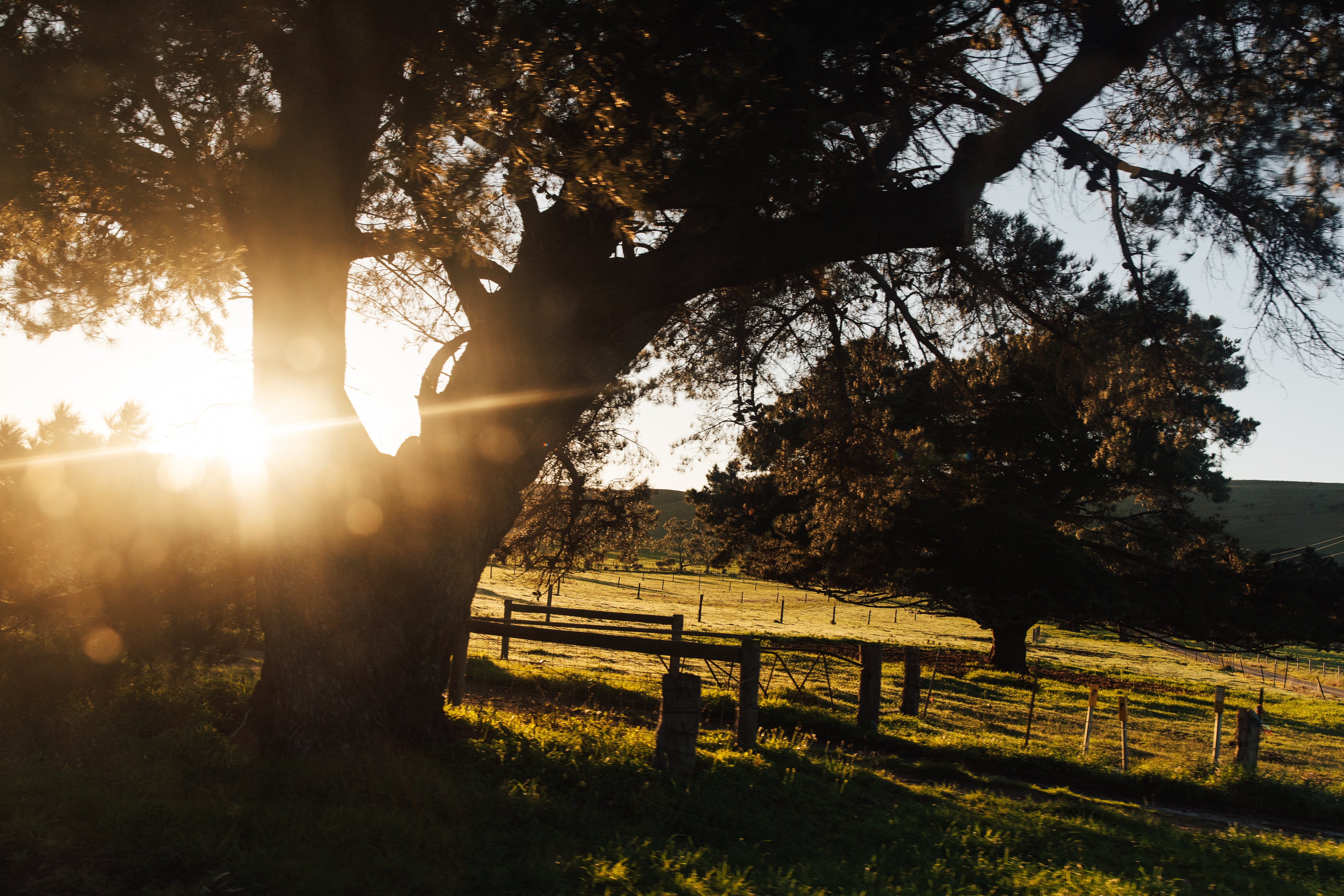
Responsive and responsible government needed on live sheep
[as published in the Stock Journal]
Readers of this column would recall the March piece I wrote about the commencement of the Federal Government consultation process for phasing out live sheep exports by sea, and the alarming and potentially pivotal precedent that closing a trade that leads the world in animal welfare for political reasons will set.
If followed through, this decision will cause irreversible harm to the sheep meat and wool industries and Australia’s trade and diplomatic partnerships in the Middle East.
The independent panel appointed to undertake the consultation process was due to provide its report to Minister Watt by the end of this month. The panel’s deadline has now been extended until 25 October.
Since the consultation process began in March, we have seen sheep and lamb prices freefall. Nationwide, prices for some sheep and lamb categories have now declined by more than 70 per cent in the last 12 months, and some old and lower quality stock have no commercial value or are unsaleable.
While the current surplus supply and price falls have resulted from more than just this antiquated policy that fails to adhere to the basic elements of effective policy development (i.e. evidence-based analysis, good process, and consideration of community impacts), it is undeniable that the decision to proceed with it has already had a significant impact.
The collapse in producer confidence and prices for the sheep industry have been devastating. National rural confidence has recently dropped to one of its lowest levels in two decades, and more than half of Australian producers expect the agricultural economy to worsen over the next 12 months.
Sustainable sheep meat and wool industries are the cornerstone of many regional economies across South Australia and the nation. The knock-on effects of people forced to leave these industries will have detrimental and possibly irreversible impacts on some regional communities.
Australia leads the world in animal welfare outcomes and regulatory settings for the export of live sheep by sea. Banning live exports from Australia will alter the global supply dynamics, however it will not change global demand. Buyers of live sheep will simply source animals from other countries that do not have the same animal welfare requirements as we do.
Livestock SA continues to oppose the Australian Government policy to phase out live sheep exports by sea in the strongest possible terms. We consider there are many unresolved issues that must be properly investigated, researched and addressed to inform this policy position. At a minimum, access to equally profitable markets for sheep destined for live export must be secured and sustainable levels of increased processing capacity must be proven before the government considers whether it should phase out the trade.
The coalition of 25 plus agricultural organisations representing livestock producers that wrote to Minister Watt in March have now written to the Prime Minister urging him to reconsider the government’s position on this matter.
Closing down a legal, world leading and profitable trade for sheep producers is senseless at the best of times, but it is unforgivable at the worst of times like we are experiencing now. Government should be responsive to the events unfolding, responsible in its trading and regulatory decision making, and accountable for the community impacts of its policies.
By Travis Tobin
